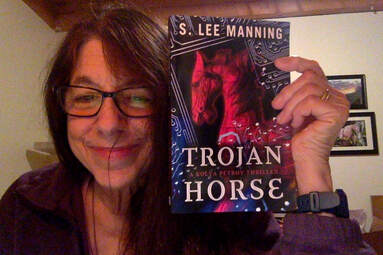
So the topic for today: Hearsay. It comes up all the time in novels and movies, and in real life drama. If you pay attention, you'll see testimony called hearsay as a way to discredit the witness and get the testimony stricken from the record. So what is it?
Most of time, the non-lawyers talking about hearsay just, well, get it wrong. It's annoying but be careful about correcting people on Twitter. (I tried, and it got vicious.) Some people seem to think that hearsay is anything said outside of a courtroom by someone other than the witness on the stand. They also seem to think that hearsay is always excluded in court. (Also wrong. Will explain later.)
Definition:
So first - what is it? This discussion is going to be about hearsay under the Federal Rules of Evidence (FRE) - and state rules can be and often are different. Here's the definition of hearsay in the FRE: "“Hearsay” means a statement that:
(1) the declarant does not make while testifying at the current trial or hearing; and
(2) a party offers in evidence to prove the truth of the matter asserted in the statement."
Yeah, but what's that mean in plain English?
In other words, it's an out of court statement that is offered to prove the truth of the matter asserted.
Huh?
Quick demonstration: You have Liz, a witness on the stand in the court proceeding. Liz repeats a conversation with John, in which John stated, "My wife had an affair and stole my mother's jewelry to give to her lover." Is that hearsay?
What do you think?
The answer is maybe. (Betcha didn’t expect that.) It depends on the reason the testimony is offered. That's what's meant by offered for the truth therein.
If the wife is on trial for the theft of the jewelry, and the statement is intended to prove that the wife is indeed a thief, then it is hearsay. Unless it comes under one of the many, many exceptions to hearsay, it should be excluded. (To be discussed later.)
HOWEVER, if it's not the wife on trial for robbery but John who is on trial for murdering his wife - it's not hearsay. The purpose of the testimony is not to prove that the wife did indeed have an affair and steal jewelry but to establish John's state of mind - that John was angry because he BELIEVED that his wife was having an affair and stole his mother's jewelry. It's not being offered for the truth of the matter therein - it doesn't matter whether the wife actually had the affair and stole the jewels. What matters is whether John believed it - which would give him a motive to kill his wife.
Let's try it again with another witness statement. The witness reports that Biff said that people in the crowd are armed. Is that hearsay? It is if offered for the purpose of proving that people in the crowd were armed. It is not if offered for the purpose of showing that Biff believed that people in the crowd were armed.
Got it?
More complications: under the FRE out of court admissions by a party at trial are not considered hearsay.
Example:
If a witness reports that Biff said: "I sent people to kill Louie because Louie wasn't loyal." Would that be hearsay? Even though it's being offered to show that yes, Biff did indeed send people to kill Louie because Louie wasn't loyal, it still isn't hearsay under the FRE if Biff is on trial for attempted murder, because admissions of a party opponent are not considered hearsay.
A caveat: admissions are not hearsay, but they're not always reliable evidence. Especially with people in police custody who might be vulnerable because of their age or mental disability. People make false confessions all the time. Unfortunately, admissions are such strong evidence that they often contribute to wrongful convictions. Another blog, another time.
What might be hearsay?
How about when a witness says, "Mark told me that he gave Biff a gun, a knife, and a bottle of ketchup, even though he knew that Biff planned to give them all to someone else to kill Louie and then dump ketchup on the body." Is that hearsay?
If Mark isn't a co-defendant, yeah, would be considered hearsay.
So is that statement excluded?
Maybe but probably not.
First, there has to be an objection. Even if it is hearsay, the judge ain't going to kick it out unless the attorney for the defense makes the objection. Then the judge will rule on whether it's admissible or not.
If the judge makes a bad ruling on an objection, that can come up on appeal. If there is no objection, it can't be appealed. The only recourse is to try for ineffective assistance of counsel for failing to make the objection. In other words, your lawyer was shit because he wasn't objecting when he should have. (These are notoriously hard cases to win, by the way. Even if your attorney was sleeping on the job.)
That's why it's important to have an attorney who is NOT asleep at counsel table.
Here's what would happen with decent attorneys on both sides. The prosecutor would have a witness on the stand who reported what Mark said about the gun, the knife, and the ketchup. The defense attorney would rise.
"Objection, your honor. Hearsay."
The judge would then give the prosecutor a chance to respond. "Your honor, this statement comes under the exceptions to the hearsay rule. It is a statement against interest and the declarant is unavailable because he refuses to testify."
(The declarant is Mark, by the way. The statement against interest is the fact that Mark could be charged for providing the gun, the knife, and the ketchup, especially since he knew that Biff wanted to kill Louie.)
There may be more argument on whether this fits the criteria for allowing hearsay that comes under the exception to the rules as a declaration against interest - but like all evidence rulings, it depends on the judge applying the rules to the statement.
There are more exceptions to the hearsay rule under the FRE, and I'm not going into the rest of them in this blog. I have a thousand words to write on my next novel today, and I'm behind. (Which may or may not be a true statement.) But at least you should have an understanding not only of what hearsay is and how complicated it can be, but why a good attorney is necessary to navigate the legal system.
Until next time.

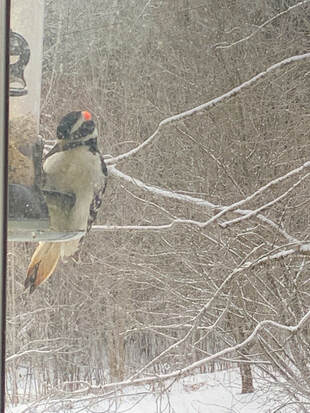



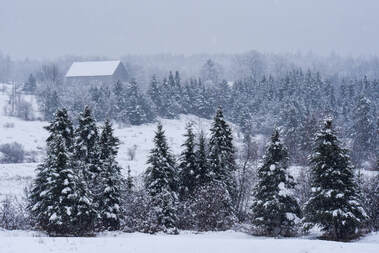
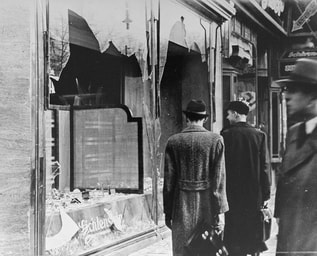

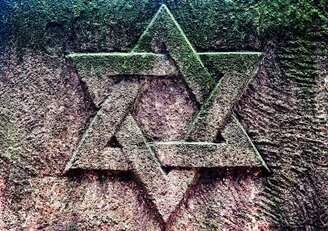
 RSS Feed
RSS Feed